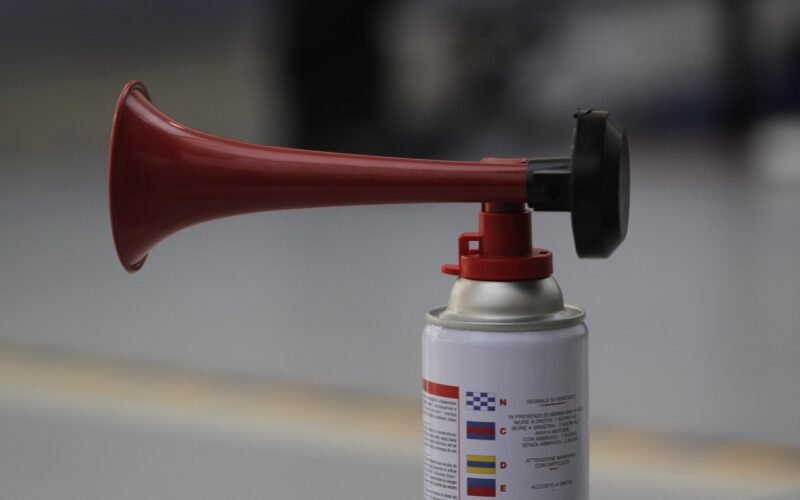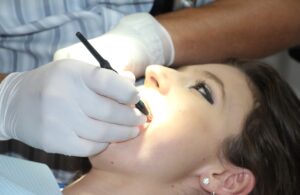When we think about leading a healthy lifestyle, our minds often jump to balanced diets, regular gym sessions, and getting enough sleep. While these pillars of wellness are essential, we frequently overlook two of the most critical tools we use to navigate the world: our eyes and ears. Integrating routine hearing check-ups and eye tests into your health regimen is not just about correcting vision or hearing loss; it's a proactive step towards supporting your overall well-being, cognitive function, and quality of life.
Proactive screening supports long-term wellness
Just as you schedule a dental check-up to prevent cavities, regular sensory screenings can catch potential problems before they become serious. Early detection is crucial. For eyes, routine tests can identify conditions like glaucoma, cataracts, and diabetic retinopathy, often before you notice any symptoms. For ears, a hearing assessment can uncover gradual hearing loss or issues with ear wax buildup. Ignoring these changes can impact your balance, communication, and even your cognitive health, as your brain works harder to process sounds and sights.
The link between sensory health and cognitive function
Our brains are constantly processing information from our senses. When hearing or vision is impaired, the brain must reallocate resources to compensate, which can strain cognitive functions like memory and attention. Studies have shown a significant link between unaddressed hearing loss and a higher risk of developing dementia. By keeping your senses sharp, you are not just seeing and hearing clearly; you are actively supporting your brain's long-term health and resilience, helping to maintain cognitive vitality as you age.
Modern life's impact on your eyes and ears
Today's world presents unique challenges to our sensory health. Hours spent staring at screens expose our eyes to digital strain and blue light, leading to dryness, fatigue, and headaches. Similarly, constant exposure to environmental noise from traffic, headphones, and loud venues can cause irreversible damage to our hearing over time. Adopting healthy habits is key. Taking regular screen breaks, practising the 20-20-20 rule (looking at something 20 feet away for 20 seconds every 20 minutes), and using hearing protection in loud environments can make a significant difference.
Understanding professional ear care and warning signs
If you experience muffled hearing or a feeling of fullness in your ears, it could be due to excess ear wax. It is important to seek professional help rather than attempting to fix it yourself. An audiologist can assess the situation and recommend the best course of action. While older methods included ear syringing, modern best practice often favours safer, more effective techniques. Professional ear wax removal may involve gentle irrigation or ear wax microsuction, a procedure where a clinician uses a microscope and a small suction device to precisely remove the blockage. Warning signs that warrant a hearing test include difficulty understanding conversations in noisy places, frequently asking people to repeat themselves, or a ringing in your ears (tinnitus).
When to schedule your sensory health check-ups
General guidelines suggest adults should have an eye test every one to two years. Your optometrist may recommend more frequent checks if you have risk factors like diabetes, a family history of eye disease, or are over 40. For hearing, a baseline test is a good idea for all adults. After age 50, you should aim for a check-up every three years, or more often if you notice changes in your hearing or have been exposed to significant noise. To prepare, think about any specific concerns you have and make a list of questions to ask your optometrist or audiologist.
A truly holistic approach to health considers every part of your body. Your ability to see a sunset, enjoy music, and connect with loved ones is priceless. Don't wait for a problem to arise. Taking a proactive stance on your sensory health is one of the best investments you can make in your long-term happiness and independence. Protect your precious senses by booking both an eye test and a hearing check-up today.
















